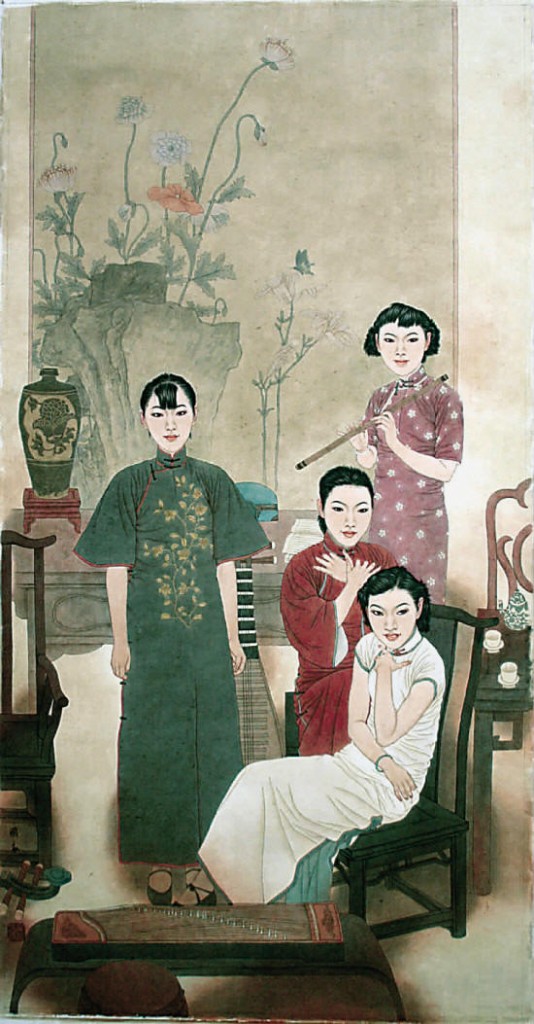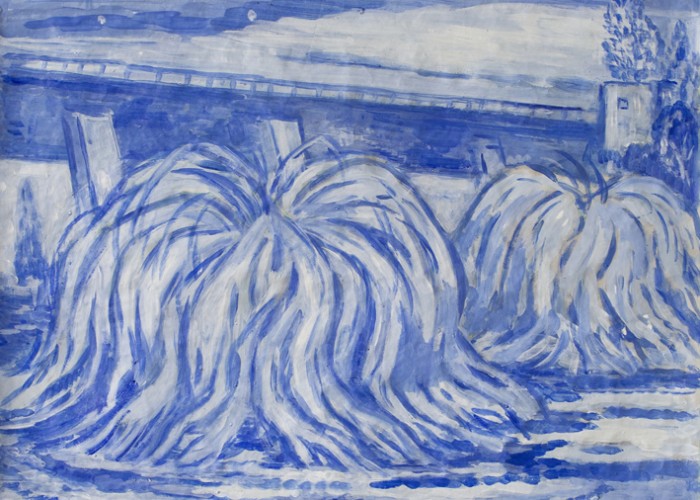Love
Zhang Ailing
translated by Qiaomei Tang
It is true.
There was a village. There was a girl from a well-to-do family. She was a beauty. Matchmakers came, but none succeeded. She was no more than fifteen or sixteen, when on a spring evening she stood at the back door, resting her arm on a peach tree. She remembers the moon-white dress she wore. The young man living opposite her house had seen her before, but had never greeted her. He approached, stood still before her, and said softly: “Oh, you are here, also?” She said nothing, and he said nothing more. They stood for a while, then each walked away.
Like that, it was over.
Time passed. The girl was abducted by a relative, and would be a concubine in a strange land. Again and again, she was resold. Having endured life’s winds and waves, in her old age she still remembers the scene from long ago. She speaks often of that young man, under that peach tree, at that back door, on that spring evening.
You meet the one you meet amongst thousands and tens of thousands of people, amidst thousands and tens of thousands of years, in the boundless wilderness of time, not a step sooner, not a step later. You chance upon each other, not saying much, only asking softly, “Oh, you are here, also?”
* *
[ + bar ]
Ravensbread (selections)
Nuno Ramos translated by Adam Morris
Geology Lesson
There’s a layer of dust covering things, protecting them from us. Dark sooty powder, fragments of salt and seaweed, tons of grainy... Read More »
Daniela Lima
translated by Leah Leone
Diary of Vienna
A young boy carries a bucket of water. Its weight seems somehow lightened by the belief that the desiccated tree will come... Read More »
Omnia Caro Tenebrarum
Pola Oloixarac translated by Maxine Swann
The living and the dead at his command, Were coupled, face to face, and hand in hand Virgil, The Aeneid, VIII... Read More »
Zanzibar: an excerpt
Thibault de Montaigu translated by Lara Vergnaud
Some people will no doubt feel this work lacks precision and that it’s impossible to write a decent book about a criminal... Read More »








 sending...
sending...